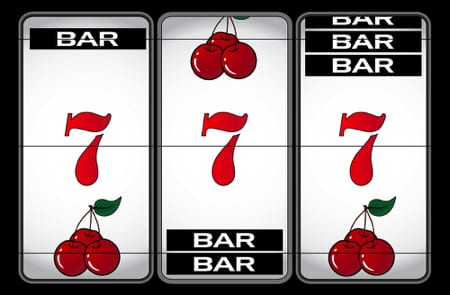Gambling Licence For Fruit Machines
- A Licensed Premises Gaming Licence allows an entity to operate keno or keno and gaming machines in a licence premises such as a hotel or club. Minor Gaming Permit Gaming conducted for the benefit of not-for-profit organisations or charitable purposes must comply with the relevant rules and conditions for Minor Gaming.
- Gaming machines under the Gambling Act 2005. A gaming machine is defined as a machine which is designed or adapted for use by individuals to gamble (whether or not it can also be used for other purposes). Most gaming machines are of the reel-based type, also known as fruit, slot or jackpot machines.
- A hotel and club licence are the two types of licences that allow you to operate gaming machines. Gaming related licences If you are involved in manufacturing, selling, servicing or testing of gaming machines, you must have an appropriate gaming-related licence.
- Gambling Licence For Fruit Machines Near Me
- Gambling Licence For Fruit Machines Using
- Gaming Licence For Fruit Machine
Gaming machines under the Gambling Act 2005
A gaming machine is defined as a machine which is designed or adapted for use by individuals to gamble (whether or not it can also be used for other purposes).
Holders of premises licences may apply for a permit to provide more than two gaming machines. The number of machines authorised by the permit are not in addition to an automatic entitlement. The holder of the premises licence is required to apply to the licensing authority and pay the prescribed fee. Application for a Gaming Licence and Machines Please submit your Court Certificate to the National Excise Licence Office along with the completed Application Form. The application must be signed by: the licensee, if a sole trader.

Most gaming machines are of the reel-based type, also known as fruit, slot or jackpot machines.


Alcohol licensed premises (excluding those that may only serve alcohol with meals), clubs, adult gaming centres, family entertainment centres (licensed and unlicensed), casino, betting, and bingo operators are entitled to offer a set number of gaming machines of certain categories, depending on their premises.
There are also rules regarding the positioning of gaming machines, and all machines must adhere to the Gambling Commission's Gaming Machine Technical Standards, including legacy machines, which must also be registered with the Commission. Operators will also need to be familiar with the Gaming Machines (Circumstances of Use) Regulations 2007.
Club gaming permits and club machine permits
There are three types of club recognised:
Member’s clubs
These must have at least 25 members and be established or conducted mainly for purposes other than gaming. The club should not be established to make a commercial profit and should be controlled by its members.
Examples include most sports clubs, working men’s clubs, branches of the Royal British Legion and politically affiliated clubs. Although members clubs should generally be run for purposes other than gaming, regulations may allow certain types of gaming clubs.

Commercial clubs

These have the same characteristics as members clubs, except that they are established to make a profit. An example of such club would be a snooker club. Some bridge and whist clubs may operate as commercial clubs if they are established to make a profit.
Miners’ Welfare Institutes
Gambling Licence For Fruit Machines Near Me
The definition of this type of club has changed to reflect social and economic changes since they were set up. These are associations established for recreational or social purposes. They are managed by a charitable trust which has received funds from one of a number of mining organisations
Which permit?
Gambling Licence For Fruit Machines Using
Warwick District Council may grant Club Gaming Permits to members’ clubs and miners’ welfare institutes but not commercial clubs. This authorises them to provide ‘gaming machines’, ‘equal chance gaming’ and ‘games of chance’. This is in addition to the exempt gaming authorisation.
Club Gaming Permits allow no more than three gaming machines. These may be from categories B3A, B4, C or D. The club is allowed to choose the combination of machines on its premises.
If a club doesn’t want to have the full range of facilities allowed by a Club Gaming Permit or if they are a commercial club who can’t have non-machine gaming (other than exempt gaming), they can apply for a Club Machine Permit. This authorises them to have up to three gaming machines of categories B3A (this category is not available to commercial clubs) B4, C and D.
Club Gaming Permits replace the permissions provided by Part II registration and Club Machine Permits replace the permissions provided by Part III registration under the 1968 Gambling Act.